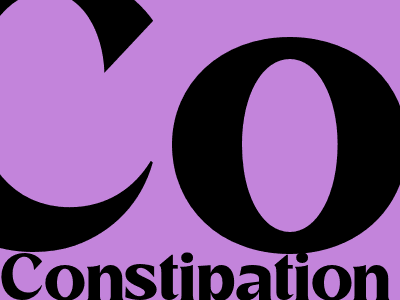Constipation Relief: Comprehensive Guide to Causes, Symptoms, and Effective Remedies
What is Constipation?
Constipation refers to bowel movements that occur less frequently than usual, often accompanied by difficulty passing stools. It is a common condition affecting individuals of all ages, resulting in stools that are hard, dry, and difficult to evacuate.
Causes of Constipation
Understanding the underlying causes of constipation is crucial for effective management. Common factors contributing to constipation include:
- Dietary Factors: Inadequate fiber intake, insufficient hydration, or poor diet can lead to constipation.
- Medical Conditions: Thyroid issues, diabetes, neurological disorders, and certain medications can impact bowel function.
- Lifestyle Habits: Lack of physical activity, prolonged sitting, and stress can contribute to constipation.
- Age: Older adults are more prone to constipation due to age-related changes in digestion.
Symptoms of Constipation
Constipation manifests through various symptoms, including:
- Infrequent bowel movements (less than three times per week)
- Straining during bowel movements
- Hard, dry, or lumpy stools
- Abdominal pain, bloating, or discomfort
- Feeling of incomplete evacuation
Natural Remedies for Constipation Relief
Managing constipation often involves adopting lifestyle changes and home remedies. Here are some effective natural remedies:
- Increase Fiber Intake: Focus on consuming high-fiber foods like fruits, vegetables, whole grains, and legumes to soften stools.
- Hydrate Adequately: Water plays a crucial role in stool formation. Drink plenty of fluids to prevent dry and hard stools.
- Exercise Regularly: Physical activity stimulates bowel movements and improves overall digestive function.
- Try Prune Juice: Prune juice contains natural laxatives that can promote bowel movements.
- Consider Senna Tea: Senna is a herbal laxative that may provide relief from constipation.
Medications for Constipation
In some cases, over-the-counter or prescription medications may be necessary to treat constipation. Common options include:
- Laxatives: These medications soften stools and stimulate bowel movements.
- Stool Softeners: They lubricate the stools, making them easier to pass.
- Glycerin Suppositories: These suppositories stimulate bowel movements by irritating the rectal lining.
Prevention of Constipation
Preventing constipation involves adopting healthy habits, such as:
- Maintain a Balanced Diet: Focus on consuming a diet rich in fiber, fruits, vegetables, and whole grains.
- Stay Hydrated: Drink plenty of fluids throughout the day to prevent dehydration.
- Exercise Regularly: Engage in regular physical activity to stimulate bowel movements.
- Listen to Your Body: Pay attention to your body's signals and go to the bathroom when you feel the urge.
When to See a Doctor
While constipation is often a minor issue, it's essential to seek medical attention if you experience:
- Severe or persistent constipation
- Blood in your stools
- Abdominal pain that doesn't resolve with home remedies
- Sudden changes in bowel habits
Conclusion
Constipation is a common condition with various causes and symptoms. By understanding the underlying factors, adopting lifestyle changes, and using effective natural remedies, you can effectively manage constipation. If symptoms persist or worsen, seeking medical attention is essential to rule out any underlying medical conditions.

Komentar